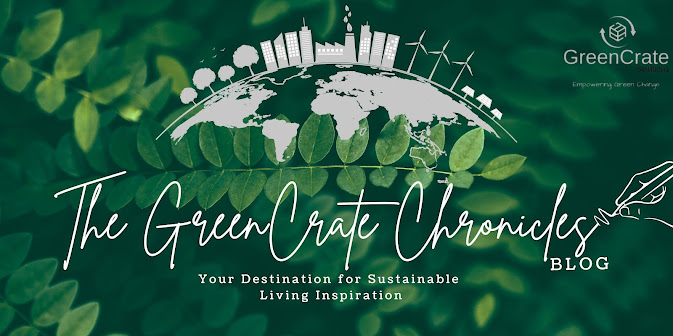Africa's Conflict Crisis
Overview of Conflicts in Africa
Africa is currently experiencing a multitude of conflicts; with at least 35 significant armed conflicts ongoing across the continent. These conflicts are deeply rooted in historical grievances, ethnic tensions, political instability and are exacerbated by environmental crises. This expose will explore the humanitarian and environmental crises stemming from these conflicts, their duration, the response of the international community and the pressing need for better agreements to mitigate human suffering and environmental degradation.
List of Notable Conflicts
Here are some of the major conflicts currently active in Africa:- Western Sahara Conflict (1970–present)
- Somali Civil War (1991–present)
- Ethiopian Tigray Conflict (2020–present)
- South Sudanese Civil War (2013–present)
- Democratic Republic of the Congo Conflicts (1996–present)
- Central African Republic Civil War (2012–present)
- Nigerian Boko Haram Insurgency (2009–present)
- Oromo Conflict in Ethiopia (1973–present)
- Lord's Resistance Army Insurgency (1987–present)
- Chadian Civil Wars (1965–present)
Humanitarian Crises Resulting from Conflicts
The humanitarian crises in Africa are dire and multifaceted, characterized by:- Displacement: Over 15.4 million people are forcibly displaced due to violence; with many facing repeated displacements as conflicts escalate or change in nature.
- Food Insecurity: Conflicts have rendered agricultural land unsafe for cultivation; leading to severe food shortages. Countries like Burkina Faso, Nigeria and the Democratic Republic of the Congo are particularly affected; with millions facing malnutrition and hunger.
- Health Crises: The ongoing conflicts have disrupted healthcare systems; leading to outbreaks of preventable diseases such as cholera and measles. The lack of access to medical facilities exacerbates these health issues; particularly among vulnerable populations such as children and the elderly.
- Gender-Based Violence: Women and girls are disproportionately affected; facing increased risks of sexual violence and exploitation in conflict zones.
Environmental Impact of Conflicts
The environmental degradation caused by conflicts in Africa is significant:- Deforestation: Armed groups often exploit natural resources; leading to widespread deforestation and loss of biodiversity. This is particularly evident in the Congo Basin; where illegal logging and mining operations flourish amidst conflict.
- Soil Degradation: Ongoing violence disrupts agricultural practices, leading to soil degradation and loss of arable land. Climate change further exacerbates these issues; resulting in droughts and floods that threaten food security.
- Water Scarcity: Conflicts often lead to the destruction of water infrastructure; exacerbating water scarcity in already vulnerable regions. This has profound implications for both human health and agricultural productivity.
Duration of Conflicts
The conflicts in Africa vary significantly in duration. Some, like the Western Sahara conflict; have persisted for over 50 years, while others such as the Ethiopian Tigray conflict; are relatively recent, having begun in 2020. The protracted nature of many conflicts is indicative of deep-seated issues that are not easily resolved.International Response and Challenges
The international community has made numerous attempts to address these conflicts but challenges remain:- Peacekeeping Missions: Organizations like the United Nations have deployed peacekeeping missions in several conflict zones. However, these missions often face limitations in terms of funding, mandate and local cooperation.
- Humanitarian Aid: While humanitarian organizations strive to provide assistance; they often encounter obstacles such as insufficient funding, bureaucratic impediments and security threats that hinder their operations.
- Political Will: The lack of political will among local and international actors often stalls peace negotiations and conflict resolution efforts. The complexity of the conflicts; involving multiple actors with varying interests; complicates the peace process.
The Need for Better Agreements
To effectively address the humanitarian and environmental crises in Africa, there is an urgent need for:- Comprehensive Peace Agreements: These should not only focus on ceasefires but also address underlying issues such as governance, resource management and social cohesion.
- Environmental Protection Strategies: Integrating environmental considerations into peace agreements can help mitigate the ecological impact of conflicts and promote sustainable development.
- International Collaboration: A coordinated approach involving local governments, international organizations and civil society is essential to create durable solutions to these conflicts.

.png)
.png)





Comments
Post a Comment